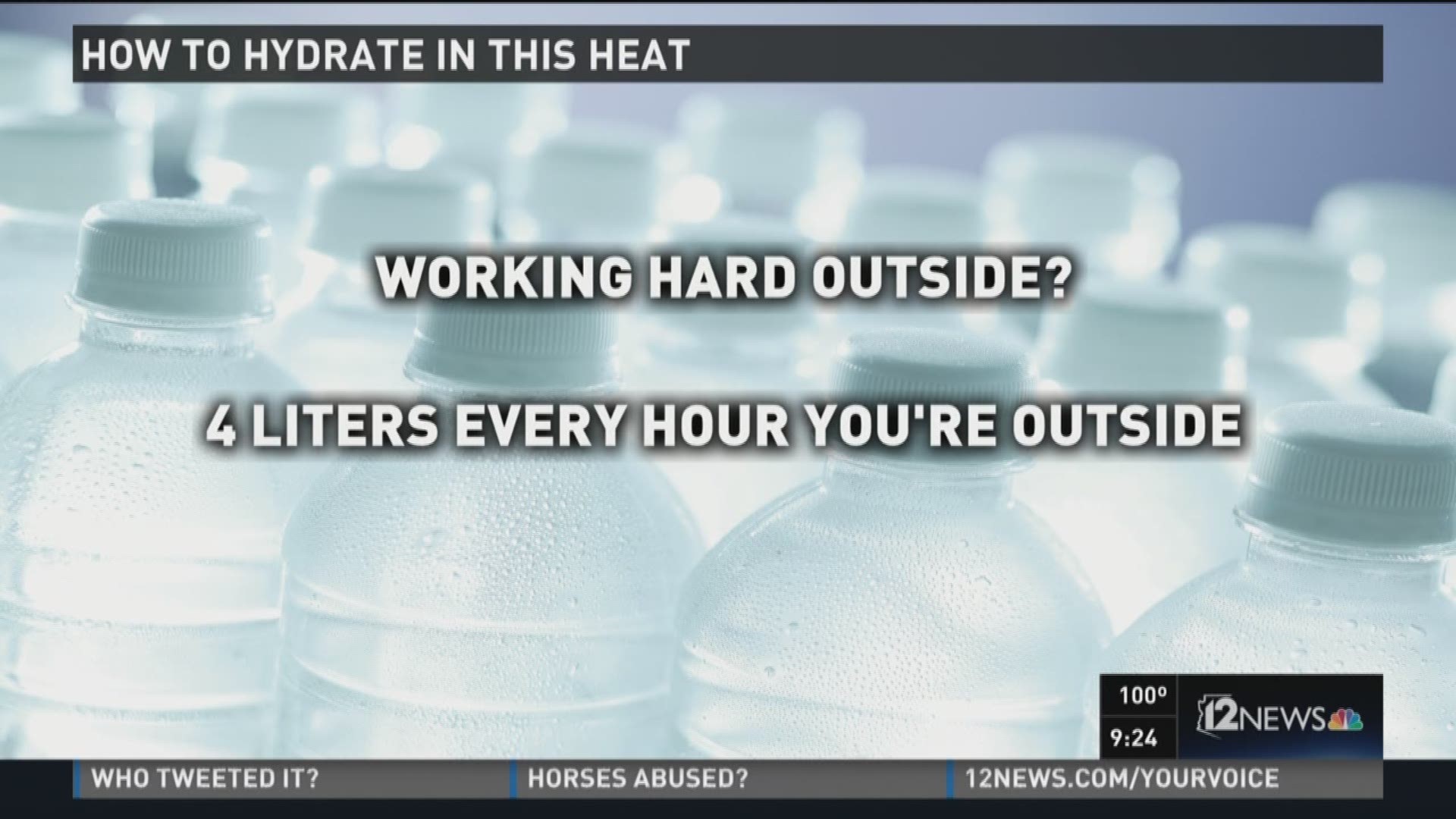PHOENIX - Temperatures are expected to top 120 degrees by Monday and that could cause problems across the Valley.
The hottest temperature ever recorded in Phoenix was 122 back in 1990. That temperature famously caused Sky Harbor International Airport to shut down, but not (as some thought) because the runway melted or because officials were worried about the tires exploding on the planes.
Sky Harbor officials said the real problem was with the flight manuals that told pilots how their aircraft would perform in hot temperatures. Because hot air is thinner, the performance of the airplane changes. For instance, experts say it can take a longer distance for a plane to take off.
But the temperatures listed in those manuals didn't go up to 122 degrees, so pilots couldn't take off. They didn't have instructions on what settings to use. That's since been updated, officials said, and planes will still be able to leave.
For more heat-related stories: 12ne.ws/heat
The main concern now is for airline employees on the ground, where the temperature can be an extra 15-20 degrees hotter.
"It's coming off the concrete," American Airlines' Kevin McCarthy said. "It's coming off the equipment -- obviously, the aircraft (are) coming in from a long flight, (so) the engines are hot.
"American is setting up cooling stations. And employees get a break between flights anyway," McCarthy said.
Another urban legend holds that the streets of Phoenix started to melt, or at least soften.
The City of Phoenix says that's not true, but at 122 degrees, the streets might start leaking oil.
"Some newly paved roads might be a little more sticky," Peter Rupal with the City of Phoenix materials lab said. "Other roads you might see a little bleeding of that tar."
The city tests the asphalt it lays down by cooking it in ovens to make sure it holds up. Rupal said there are different types of asphalt that are rated to higher temperatures. Phoenix uses asphalt rated to around 200 degrees.
Power companies are also bracing for a huge demand in power consumption on Monday and Tuesday as most air conditioners may not shut off at all.
SRP officials said the most common impact of that high demand is on power transformers, which could fail under the load.
Crews will be out in the heat and SRP officials said they're reminding their employees to stay hydrated.



